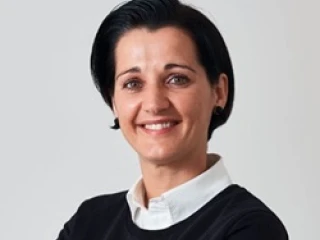Deedene: “Together with our shareholders, we immediately assessed the impact of the crisis on our cashflow. In addition, we asked banks to review our business loans. Scenario generation and stress testing were never more critical than they were in these weeks: together with the banks, we made forward-looking scenarios based on best- and worst-case scenarios (e.g. resume normal activities in April vs. May vs. later in the summer, etc.). To avoid temporary liquidity problems and safeguard our business during this tough period, we benefited from the moratorium on financial debts that Belgian authorities put into place. While specific terms and conditions apply, we have been allowed to delay payments on debts that were due between March and September.”
Warnez: “Until now, we haven’t put any running investments on hold. Agristo is on a steep growth path and we are currently constructing our new headquarters in Wielsbeke. In addition, we are implementing SAP S/4HANA right now – we want to be ready for go-live at the end of 2020. We decided to keep these projects going. On the one hand, stepping on the brakes keeps cash under control, but on the other hand, we really want to be ready when the economy picks up again. Moreover, there’s a bit more time now to follow up on all these new projects.”
/Blog_CFO_3_Website-720x360-(1).webp?mode=autocrop&w=320&h=320&attachmenthistoryguid=c8792faf-95b9-4880-961d-8e61e7a909ad&v=&focusX=444&focusY=142&c=8bd6daeb674fe853471e08415bc194b38af968e3ea449db3c6b5878afd1a8c57)

